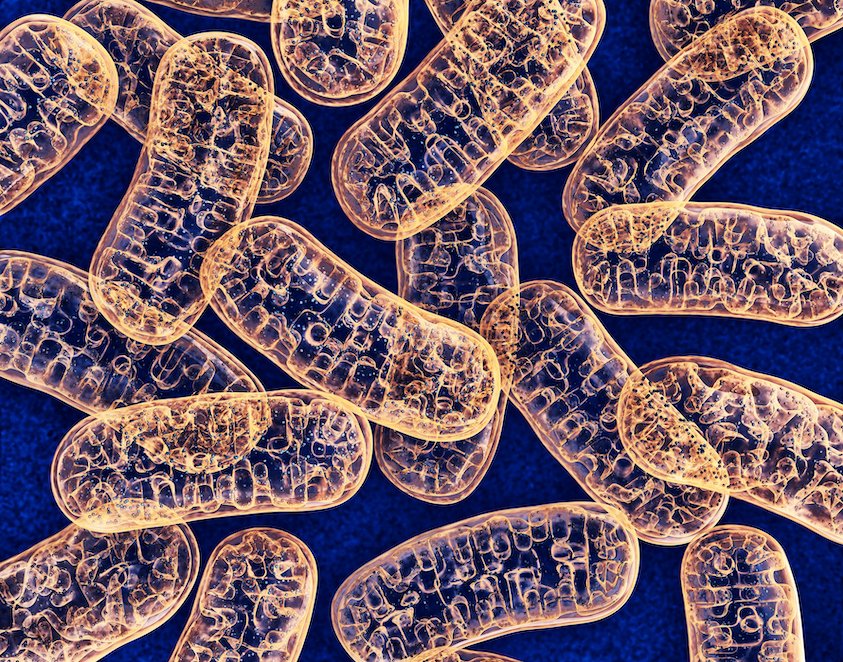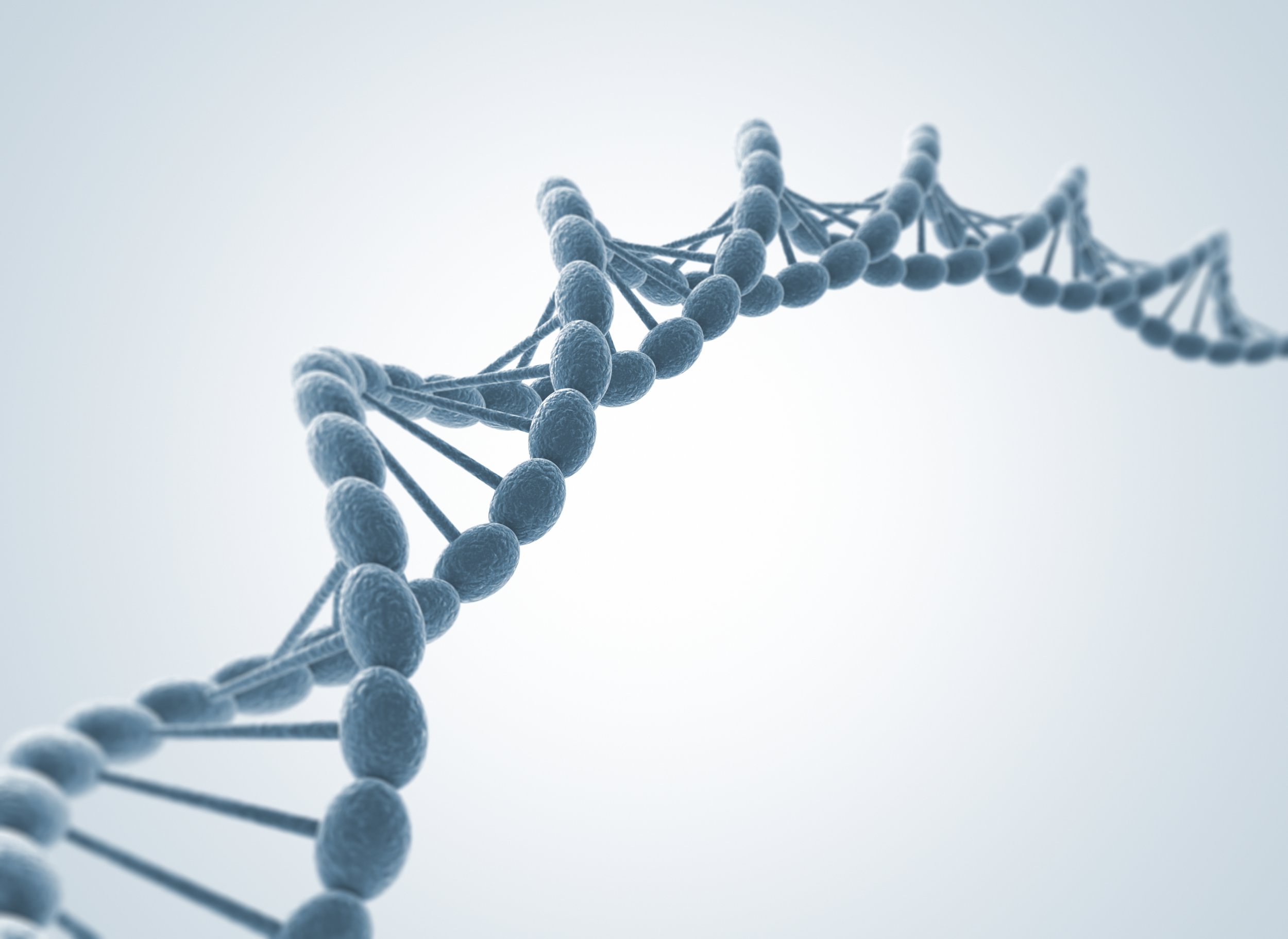Lifecode Gx® Products
To get the most benefit from the results we recommend that clients work with a health practitioner who is trained in nutrigenomics. Please browse our list of experienced associate practitioners.
Nutrient Core Report
This foundational test analyses how gene variants can affect food tolerance (and intolerance), appetite control and blood sugar balance, vitamin and mineral needs, detoxification ability, and susceptibility to inflammation and infection.
Metals and Minerals Report
This foundational test analyses how gene variants can affect the absorption, distribution and excretion of metals and minerals, impacting their balance and status in the body.
Whilst essential minerals are necessary in adequate amounts for health, excessive intake and accumulation can be detrimental. Additionally, environmental heavy metals are toxic to humans and pose serious health risks.
Metabolics Report
Metabolism refers to all cellular chemical reactions and is essential for life. It can be divided into ‘anabolism’ (‘build up’ e.g synthesis of sugars, fats, proteins and nucleic acids) and catabolism (‘break down’ e.g., releasing energy in the form of ATP). These processes, and the balance between them, are the key to healthy energy metabolism and cellular function.
The Metabolics Report transforms our understanding of how genes confer metabolic individuality and underpin energy regulation, longevity and healthspan.
Hormones Report
Steroid hormones are a group of hormones derived from cholesterol that act as chemical messengers in the body. They are involved in the regulation of many physiological processes in both men and women, such as the development and function of the reproductive system, metabolism, inflammation and immune system.
Methylation Report
Methylation is the process of adding methyl groups, consisting of one carbon and three hydrogen atoms, to other molecules. It is involved in almost every metabolic process in the body, occurring billions of times every second in our cells and contributing to numerous crucial functions.
Histamine Intolerance Report
Histamine has many functions: as a neurotransmitter, communicating messages to and from the brain and nervous system; triggering the release of stomach acid to help digestion; and it can also be released after stress, injury or allergic reaction as part of the body’s immune response.
Detoxification Report
Detoxification is the physiological removal of toxic substances from the human body. It is mainly carried out by the liver, and to a lesser extent the small intestine, kidneys and lungs. Substances such as nutrients, food additives, pesticides, medications, air pollutants, alcohol and hormones are transformed from being fat-soluble to water-soluble, allowing them to be more easily excreted from the body. The process occurs in two major phases: Phase I primes toxic molecules for deactivation and Phase II finishes the deactivation and prepares for elimination.
Nervous System Report
The nervous system supports the transmission of messages around the mind and body, enabling an individual to respond to their environment. A neurotransmitter is a molecule that carries signals between neurons and across nerve junctions (synapses). Excitatory neurotransmitters increase the likelihood a neuron will fire a signal, while inhibitory neurotransmitters have the opposite effect. In order for us to interact effectively with our environment these must remain in balance.
APOE Report
The Apolipoprotein E (APOE) gene is best known for its role in lipid (fat) metabolism by helping to remove cholesterol from the bloodstream. It can exist in three main forms known as E2, E3 and E4.
Thyroid Balance Report
The thyroid is an endocrine gland in the neck that produces two thyroid hormones - triiodothyronine (T3) and thyroxine (T4), and calcitonin. Thyroid hormones control the metabolism of almost every cell in the body, with wide-ranging metabolic, developmental and cardiovascular effects.
Athlete Report
DNA sequencing has opened the door to personalised approaches to health and fitness, enabling a more intelligent approach to training, recovery and performance. In this report, we present elements of your unique DNA profile that have been shown to affect athletic performance.











